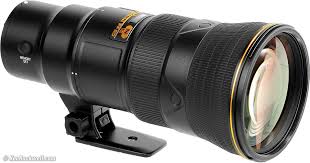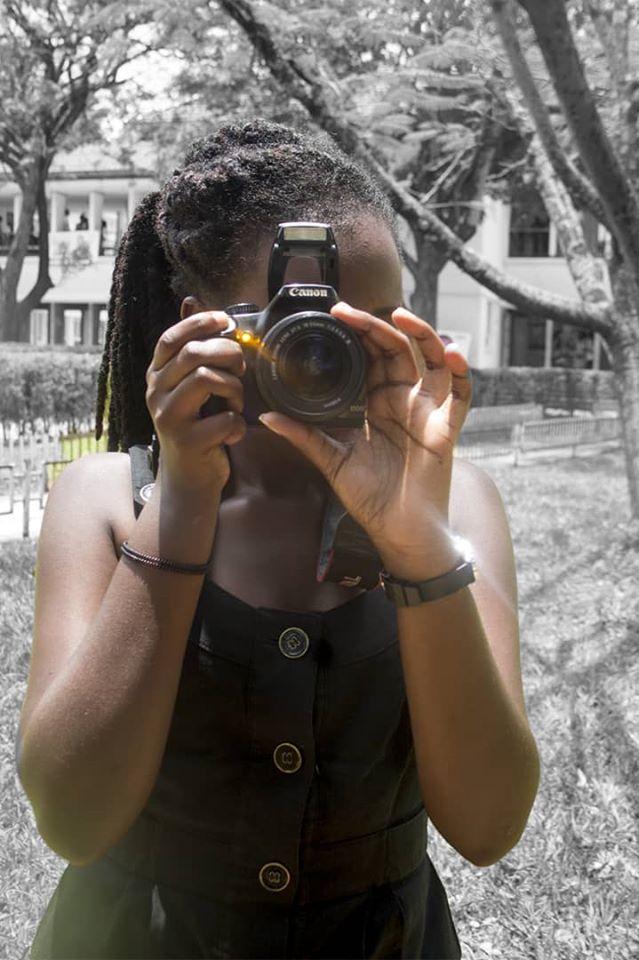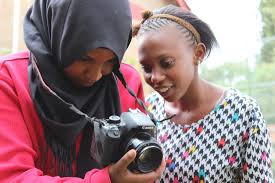
DOs
1. Shoot Everyday
Good photography comes with constant practice. Shoot as much as you can – it doesn’t really matter what. Just spend hours and hours behind your camera if you own one. If you do not, you can always borrow from a friend. As your technical skills improve over time, your ability to harness them to tell stories should too. Remember, practice makes perfect.
2. Ask permission
When photographing people you do not know, it is always safer to ask for permission before you shoot anything. This will save you from unnecessary rushing while shooting and it will lessen the tension for you.
3. Get close
If you have asked for permission before you shoot, getting close should not be a problem. Always get close to your subject than zooming them in for a better photo as famous photojournalist Robert Capa once said “If your photographs aren’t good enough, you’re not close enough.” He was talking about getting in amongst the action.
4. Slow down
Take time to think about what you want to shoot. Plan for your subject accordingly before pressing the shutter. For example, these should be at the back of your mind while shooting. How are you going to compose the shot? How are you going to light it?
5. Mind the light
Before you raise your camera, see where the light is coming from, and use it to your advantage. Whether it is natural light coming from the sun, or an artificial source like a lamp; how can you use it to make your photos better? How is the light interacting with the scene and the subject? Is it highlighting an area or casting interesting shadows? These are all things you can utilise to make an ordinary photo extraordinary.

Donts
Touch your lens
If you’re wondering why your photos are turning out blurry, take a look at the lens. You might find a fingerprint or two! Remember to clean your lens before each use. A good lens cleaning kit from any camera shop is a good investment for photographers of all skill levels. Lenses can be very delicate and are expensive to replace, so using tools specifically designed for lens cleaning will help you to treat your lens with care
Forget the essentials
You never know what kind of shooting conditions you will find yourself in, so be prepared whenever you shoot. Make sure you bring a flash, extra batteries, extra memory cards, lens hood, filters, etc. Make a list of your photography must have essentials and keep your bag packed at all times.
Shoot in auto
Breaking away from those automatic settings can be quite nerve-racking, but the more you explore, the better your photography will become. Sure, these settings make it easy to get started but do not rely on the so much. Explore more on manual settings of your camera.
Also, auto settings do not always adjust correctly in awkward lighting conditions, and you may get photos that are blurry or dark. Learn how to react to these conditions by manually adjusting your camera settings.
Limit your style
You may find that there are a lot of photography trends out there. If you subscribe to Instagram, Flickr, or any other photo sharing media, you will sometimes see a lot of the same. Make your style your own and don’t be afraid to try different shooting and editing styles.5
Be afraid to edit
Remember you can always click ‘undo’! With editing software, you can adjust all the basics: contrast, exposure, saturation, etc. Some programs allow you to become very detailed, so if you didn’t get the image you wanted when shooting, try changing it.

